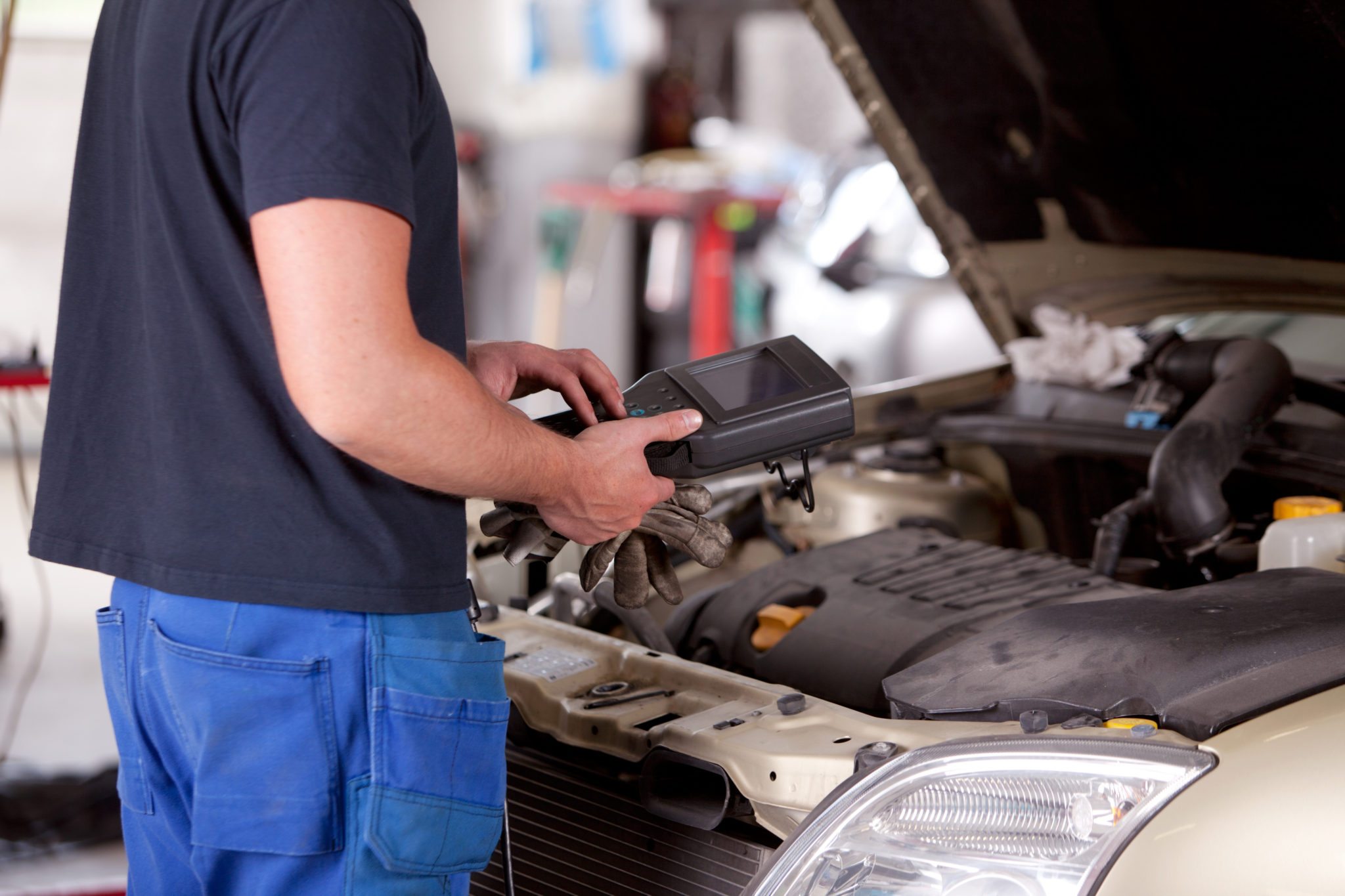Choosing between leasing or buying a car, whether you’re in NZ or anywhere in the world, can be challenging as each has its own pros and cons that should be considered before making a decision.
But don’t worry — we’re here to help you!
This article will delve into the pros and cons of leasing and buying a car that suits your needs. Whether you’re a first-time car buyer, a seasoned pro, or just looking for a change, this guide will help you make a smart move that will keep you smiling behind the wheel for years to come.

Pros of Leasing a Car:
- Lower Monthly Payments: Leasing a car typically has lower monthly payments than buying a car with a loan. This is because you are only paying for the portion of the car’s value that you will use during the lease term rather than the entire value of the vehicle.
- No Maintenance Worries: Many leases include maintenance and repair coverage, so you won’t have to worry about unexpected repairs or maintenance costs.
- Lower Upfront Costs: Leasing a car usually requires lower upfront costs than buying a car, such as a lower down payment and no sales tax on the portion of the car’s value you are not paying for.
- Always Driving a New Car: Leasing a car allows you to drive a new car every few years. This can be a great way to stay up-to-date with the latest technology and car features.
Cons of Leasing a Car:
- Limited Mileage: Many leases come with mileage limits, so you will have to pay extra fees if you exceed the limit. This can be problematic for people who drive a lot.
- No Ownership: When you lease a car, you never actually own it. This means that you can’t make any permanent changes to the car, and you’ll have to give it back at the end of the lease.
- Extra Fees: Leases often come with additional fees, such as disposal fees and early termination fees.
- Higher Long-term Costs: Leasing a car can be more expensive in the long run because you will pay for the vehicle multiple times throughout your lifetime.
Pros of Buying a Car:
- Ownership: When you buy a car, you own it. This means you can permanently change the vehicle and keep it for as long as you want.
- No Mileage Limits: There are no mileage limits when buying a car. This means you can drive as much as you want without paying extra fees.
- Potential for Equity: When you make payments on a car loan, you are building equity in the car. This can be beneficial if you decide to sell the vehicle in the future.
- No Extra Fees: When you buy a car, there are no extra fees, such as disposition fees or early termination fees.
Cons of Buying a Car:
- Higher Monthly Payments: Buying a car typically has higher monthly payments than leasing a vehicle. This is because you are paying for the car’s entire value rather than just the portion you will use during the lease term.
- Maintenance and Repairs: When you own a car, you are responsible for all maintenance and repairs. This can be costly, especially if the vehicle is older or has many miles on it.
- Higher Upfront Costs: Buying a car usually requires higher upfront costs, such as a higher down payment and sales tax.
- Depreciation: Cars depreciate over time, so you may owe more to the car than it is worth.
Conclusion
Buying your own car or leasing it will definitely give you some peace of mind since having a vehicle at your own disposal is convenient, especially, for work and emergency situations.
Evidently, leasing and buying a car have their own pros and cons. Leasing a vehicle is an excellent option for people who want lower monthly payments, no maintenance worries, and lower upfront costs. However, leasing a car can be more expensive in the long run, and you never actually own the vehicle. While if you already own a car, you can do whatever you want with it. Fully paid or not, you have the liberty to change or enhance your vehicle to up its resale value should you decide to sell it.
In conclusion, it really depends on your goals and usage. If you are already financially stable and you live far away from your work, a reliable vehicle is crucial.

